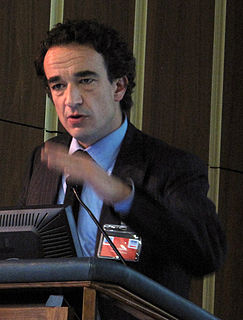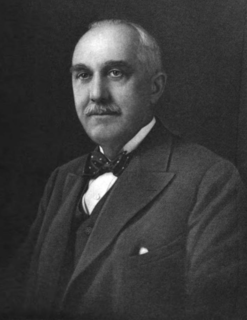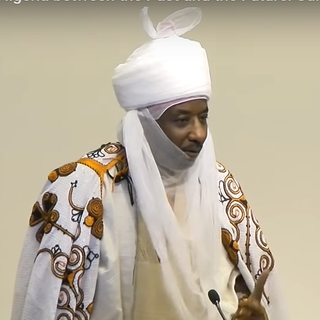A Quote by Christine Jennings
I was really interested in 20th century communalism and alternative communities, the boom of communes in the 60s and 70s. That led me back to the 19th century. I was shocked to find what I would describe as far more utopian ideas in the 19th century than in the 20th century. Not only were the ideas so extreme, but surprising people were adopting them.
Related Quotes
In the 19th century, when Muslims were looking at Europe as an example, they were independent; they were more self-confident. In the early 20th century, with the fall of the Ottoman Empire, the whole Middle East was colonized. And when you have colonization, what do you have? You have anti-colonization.





































